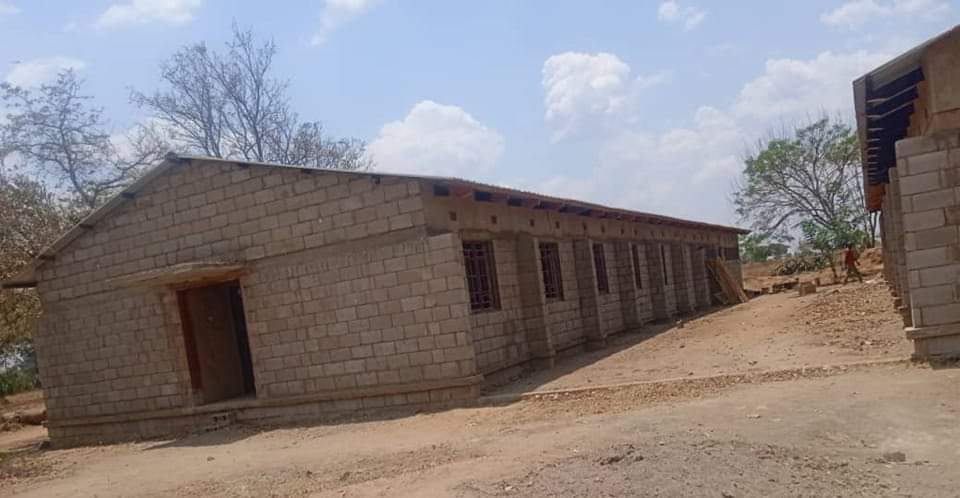By Burnett Munthali
University of Malawi (UNIMA) Vice Chancellor, Professor Samson Sajidu, has said the institution is making significant progress in narrowing the gender disparity gap in the country’s higher education landscape.
He made the remarks during the first 2025 UNIMA Congregation Ceremony, a prestigious academic event celebrating the achievements of graduating students.
Professor Sajidu highlighted that this progress is clearly reflected in the gender composition of this year’s graduating cohort.
He explained that out of a total of 2,643 students set to be conferred with various academic qualifications, a commendable number have attained exceptional academic performance.
According to the Vice Chancellor, 26 students have graduated with distinctions.
Of these, 13 are female and 12 are male, a statistic he described as a positive indicator that women are increasingly claiming space in academic excellence.
Professor Sajidu emphasized that such outcomes reflect UNIMA’s strategic commitment to fostering gender inclusivity and empowering female students through equitable access to quality education and institutional support.
He further stated that closing the gender gap is not only a matter of numbers but also about creating a transformative learning environment that enables both men and women to thrive equally.
The Vice Chancellor used the platform to challenge the graduating class to carry with them the values of integrity, responsibility, and national service as they transition into the professional world.
He made a strong call to action against corruption, cautioning graduates to resist unethical practices that undermine development and public trust.
Professor Sajidu stressed that Malawi’s progress hinges on a generation of professionals who are not only skilled and competent but also morally upright and accountable.
He urged the graduates to become agents of positive change and integrity in whatever sectors they find themselves employed.
He reminded them that their degrees are not just certificates of academic achievement but symbols of trust that society has placed in them to uphold the highest standards of professionalism.
He also encouraged the alumni to continue pursuing lifelong learning, innovation, and civic engagement as means of contributing meaningfully to national development.
The UNIMA Congregation Ceremony is a momentous occasion in the university’s academic calendar, drawing students, faculty, families, and national leaders to celebrate academic excellence and reflect on the role of education in shaping the country’s future.
This year’s event carried deeper significance, not only because of the large number of graduates, but also due to its emphasis on gender parity and ethical leadership.
By producing graduates who are both competent and conscientious, UNIMA continues to play a pivotal role in preparing the next generation of leaders, thinkers, and professionals for Malawi and beyond.
As Professor Sajidu reaffirmed, the journey toward a fairer, more prosperous society begins with education rooted in equality, excellence, and ethics.
This message, delivered at a time when Malawi is grappling with complex social and economic challenges, resonates strongly with national aspirations for inclusive growth and good governance.
UNIMA’s efforts to close the gender gap and instill values of integrity stand as a model for other institutions of higher learning in the country and across the region.
In conclusion, the ceremony marked not only the culmination of academic journeys but also the beginning of a new chapter—where knowledge meets responsibility, and where graduates are called to live out the values they have acquired through their education.
It is now up to them to build on this foundation and become the torchbearers of a brighter and more just Malawi.




